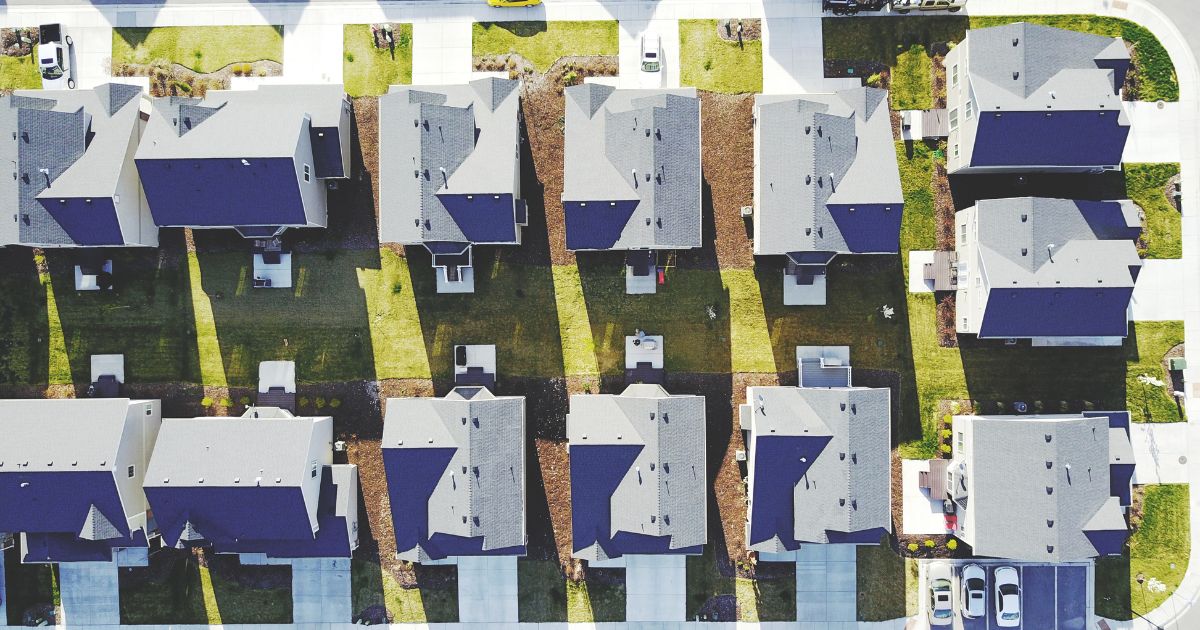Maryland General Assembly Passes and Rejects Proposed Condominium and HOA Laws

The Maryland General Assembly has recently made significant changes to the statutory laws, both passing and rejecting several proposed bills that will have a profound impact on condominiums and HOAs across the state. Here are the key changes.
Bills Passed by the General Assembly Effective October 1, 2024
- Condominium and Homeowners Associations (HOA) Repair and Rehabilitation Funds (SB 280/HB 446): This bill authorizes local governments to establish support funding for communities with condominiums or HOAs to repair critical infrastructure, such as stormwater management, normally paid for by municipalities. LAC supported the bill.
- Electric Vehicle Recharging Equipment (HB 159/SB 465): Amends the Maryland Electric Vehicle Recharging Equipment Act of 2024 (EVREA), establishing insurance requirements for electric bicycles and other motorized electric-powered vehicle charging stations. It also details unit owners’ financial responsibility for coverage and upkeep of the stations, as well as reimbursing HOAs for increased premiums. The bill also directs HOAs to process and review station applications in the same way as architectural modifications, within 60 days, or approval becomes automatic. LAC supported the bill.
- Condominium – Sales Contracts – Asbestos Disclosure (SB 46/HB 143): This bill requires condominium sellers to disclose health code violations, the presence or knowledge of asbestos in the unit, and any abatement actions at the sale. Resale documents must also disclose health or building code violations in condos. A previous version of the bill required HOAs to report asbestos anywhere in the building, but the provision was removed.
- Mandatory Detached Condominium Insurance Coverage (HB 1227/HB 1015): Requires owners in condominium associations comprised solely of detached units to carry homeowner’s insurance and limits instances the HOA Master Policy covers units.
- Amendments to the Declaration of the Maryland Condominium Act (SB 665/HB 1496): Entitles unit owners to amend the declaration of condominiums not owned by a developer by written consent of 66 and 2/3 percent of unit owners; and 80 percent for units owned by developers.
- Condominiums – Clean Energy Equipment – Common Elements (HB 216/SB 206): This bill amends the current statute requiring 66 and 2/3 percent approval votes to grant easements to a two-thirds majority vote. It further authorizes directory boards to enter more than one-year lease agreements for electric vehicle charging station equipment, solar energy equipment, and clean energy or similar systems impacting common elements.
Bills Struct Down by the General Assembly
- Governing Bodies of Common Ownership Communities – Member Training (HB 793): Bill requiring HOA board members to attend state-mandated training within 90 days of the election to earn three-year certifications. Bill was amended to apply only to new community associations by the House but struck down in the Senate.
- Regulation of Common Ownership Community Managers (HB 273): Bill establishing a Common Interest Community Association Board requiring HOA managers to pay for and obtain state licenses and institute statewide HOA registrations, with fees paid by each community to fund a manager licensing board. Establishing a community association board was estimated to cost taxpayers more than $100,000 and higher management fees for individual homeowners.
- Prohibitions on Long-Term Rental Restrictions (HB 783/SB 773): The bill would prohibit associations from adopting rules restricting or prohibiting rental units with six or more months of leases.
- Rate Reduction and Services for Sales and Use Tax (HB 1515): Would amend sales and use tax to raise funds for state priorities by reducing Maryland sales tax from six to five percent but adding five-percent “taxable services” used by HOAs, such as property management, pool management, legal, landscaping, snow removal, security, trash pickup, and more.
Another proposed bill allowing HOAs to opt out of Maryland reserve study requirements if two-thirds of the owners opposed it was withdrawn. The Community Associations Institute Maryland Legislative Action Committee advocated in favor or opposition of the proposed bills on behalf of over 1 million citizens currently members of HOAs across the state.
Contact Our Annapolis Condominium and HOA Lawyers at Oliveri & Larsen Today
If your condominium or HOA board has questions regarding the new statutory laws or other regulations, contact our Annapolis condominium and HOA lawyers at Oliveri & Larsen. Call 410-295-3000 or contact us online to schedule an initial consultation. Located in Annapolis, Maryland, we serve clients in Ocean City, Anne Arundel County, Baltimore County, Baltimore City, Calvert County, Harford County, Howard County, Queen Anne’s County, St. Mary’s County, Worcester County, Kent County, and the upper and lower Eastern Shores of Maryland.
